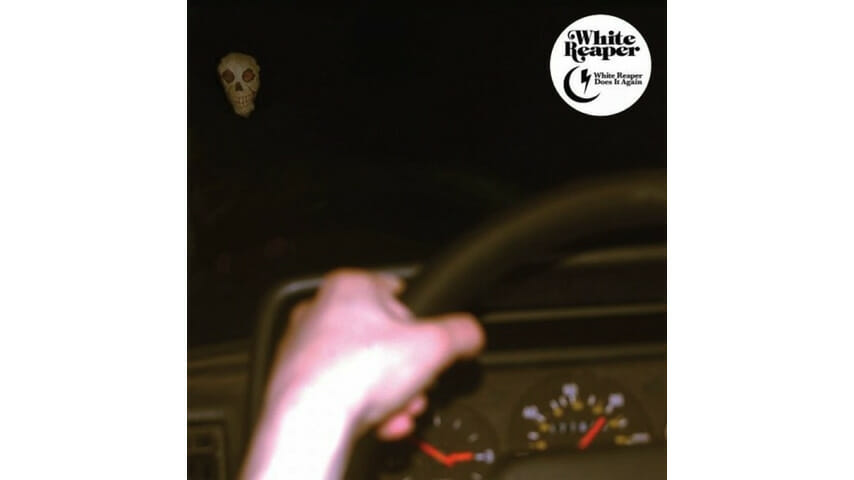White Reaper: The World’s Best American Band

The cliché “They’re better live” was invented for bands like White Reaper. The records are good, but onstage is where the band’s wonderfully scuzzy blend of pop-punk and garage rock goes stratospheric. It’s rock for rock’s sake, outfitted with the gleefully immodest stage vocabulary of an ‘80s hair-metal band: kick-flips, dueling guitar solos—cocky gestures the average introverted indie band avoids like asbestos. The band’s Wikipedia page claims they once played for 19 hours straight in Berlin, which is surely a joke, although it’s a testament to White Reaper’s live stamina that it seems believable.
-

-

-

-

-

-

-

-

-

-

-

-

-

-

-

-

-

-

-

-

-

-

-

-

-

-

-

-

-

-

-

-

-

-

-

-

-

-

-

-








































